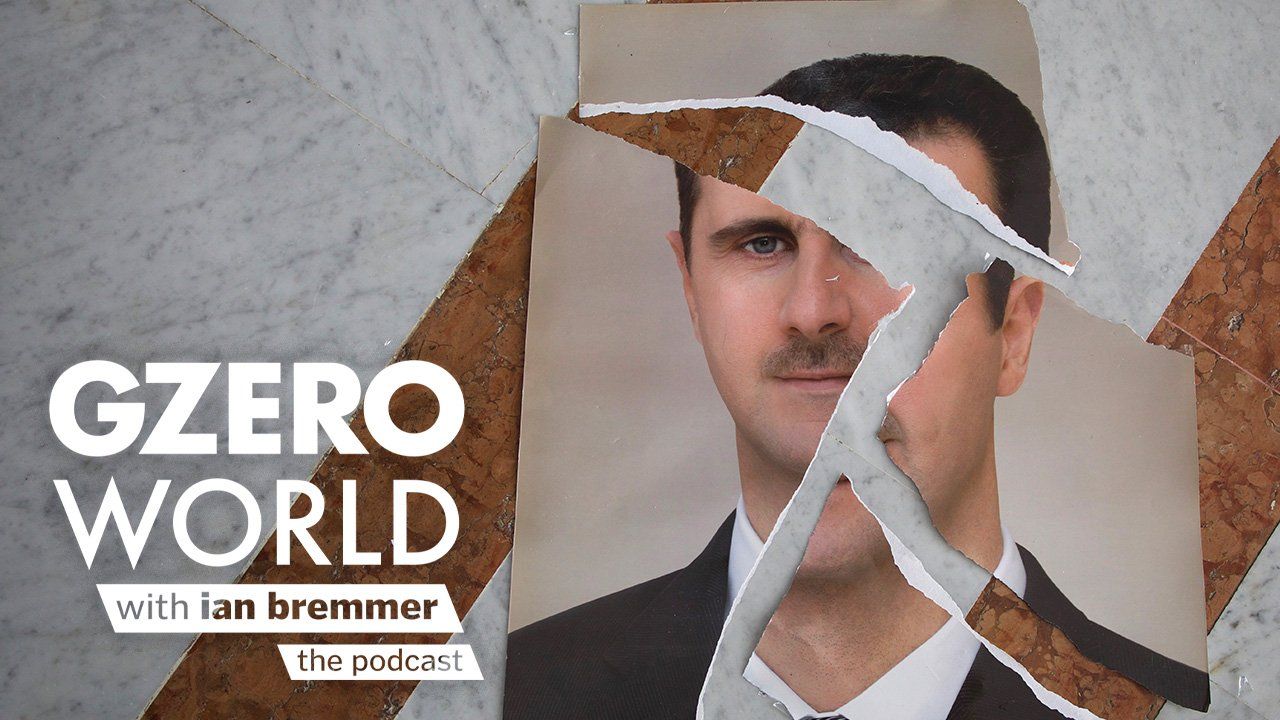300 million: Chinese president, Xi Jinping, has launched a major initiative to bolster the country’s domestic surveillance capabilities, which analysts estimate will include the installation of almost 300 million surveillance cameras by 2020.
18,000: Turkey’s government dismissed 18,000 public sector employees just in time for the start of President Recep Tayyip Erdogan’s new five-year term as president on Monday. The latest purge included the firing of nine thousand police officers and hundreds of soldiers and academics.
1/2 x 282: More than half of the world’s 282 mobile-money platforms are in sub-Saharan Africa, according to research from McKinsey & Co. Mobile money is another way Africa is “leapfrogging” traditional stages of development through the adoption of new technologies.
9: Warring factions in South Sudan have agreed to a total of 9 ceasefires since the start of a brutal internal conflict there in 2013. Only one has lasted longer than a month. The latest, brokered on June 30th, is already showing signs of breaking down.
3: Since the beginning of 2017, the number of NATO members on track to spend 2 percent of GDP on defense by 2024, as outlined by the alliance as a goal in 2014, more than tripled from 5 to 16.
